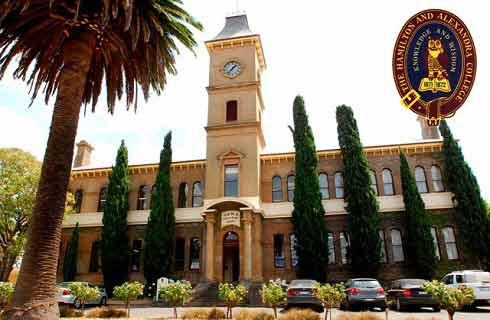- IDP China>
- 课程库>
- 自然科学>
- 生物与生物医学科学>
- 生物化学,生物物理学和分子生物学>
- Doctor of Philosophy in Chemistry - Biochemistry / Biological
Doctor of Philosophy in Chemistry - Biochemistry / Biological

学历文凭
Ph.D.

专业院系
Chemistry

开学时间

课程时长

课程学费

国际学生入学条件
IDP—雅思考试联合主办方

雅思考试总分
6.5
- 雅思总分:6.5
- 托福网考总分:80
- 托福笔试总分:160
- 其他语言考试:NA
CRICOS代码:
申请截止日期: 请与IDP联系 以获取详细信息。
课程简介
相关申请
 预科
预科 奖学金
奖学金 实习机会
实习机会 在校学习
在校学习 跨境学习
跨境学习 校园授课-线上开始
校园授课-线上开始 在线/远程学习
在线/远程学习
开学时间&学费
学费信息仅供参考,请与IDP联系以获取详细信息
| 开学时间 | 时长 | 学费 | 地点 |
|---|
学校排名

世界排名401
数据源:
泰晤士高等教育世界大学排名
本校相关课程

语言交流文学学士
学历文凭
Bachelor Degree
开学日期
课程费用总额


妇女,性别和性研究文学学士学位
学历文凭
Bachelor Degree
开学日期
课程费用总额


社会学文学学士
学历文凭
Bachelor Degree
开学日期
课程费用总额


社会工作学士
学历文凭
Bachelor Degree
开学日期
课程费用总额


风险管理与保险业务管理学士学位
学历文凭
Bachelor Degree
开学日期
课程费用总额


呼吸疗法理学学士
学历文凭
Bachelor Degree
开学日期
课程费用总额

其他相关课程

生理学和生物物理学文学硕士
 霍华德大学
霍华德大学学历文凭
Masters Degree
开学日期
课程费用总额


生物学理学学士-分子生物学
 阿拉巴马大学伯明翰分校 - INTO USA
阿拉巴马大学伯明翰分校 - INTO USA学历文凭
Bachelor Degree
开学日期
课程费用总额


Doctor of Philosophy in Biochemistry of Health and Disease - Molecular Machines in Biology and Disease
 德雷塞尔大学
德雷塞尔大学泰晤士高等教育世界大学排名:423
学历文凭
Ph.D.
开学日期
课程费用总额


分子流行病学理学硕士
 南加州大学
南加州大学泰晤士高等教育世界大学排名:74
学历文凭
Masters Degree
开学日期
课程费用总额


生物化学与分子医学理学硕士
 纽约州立大学石溪分校
纽约州立大学石溪分校学历文凭
Masters Degree
开学日期
课程费用总额


Bachelor of Science in Computational Chemistry and Biochemistry
 伊利诺伊理工学院
伊利诺伊理工学院泰晤士高等教育世界大学排名:310
学历文凭
Bachelor Degree
开学日期
课程费用总额











